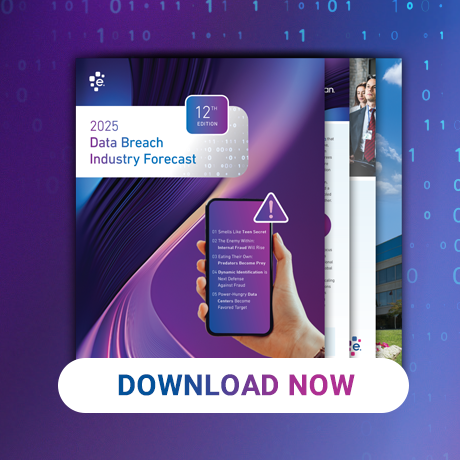By: Kristan Frend
As if business owners need one more thing to worry about — according to the Javelin Strategy & Research’s 2010 Identity Fraud Survey Report, respondents who defined themselves as “self-employed” or “small business owners” were one-and-a-half times more likely to be victims of identity theft. Intuitively this makes sense- business owners exposure would be higher than the average consumer as their information is viewed more often due to the broad array of business service needs. Also consider the fact that until recently, multiple states had public records containing proprietors social security numbers as tax identification numbers readily accessible on-line. What a perfect storm this has all created!
Javelin’s report also explained that while the average fraud incidence for business owners was lower than the average consumers, small business owner’s consumer costs were higher. In other words the small business owner suffered more out of pocket costs for identity theft losses than the average consumer. Experts believe this is due to the fact that commercial accounts often do not receive the same fraud guarantee protections that consumer accounts are afforded.
While compliance regulations such as Red Flags Rules will enhance consumer safety, institutions must further develop their prevention and protection methods beyond what is legally required to sufficiently protect their small business customers from future fraud attacks. Small business owner fraud and the challenges organizations face in identifying and mitigating these losses are frequently overlooked and overshadowed by consumer fraud.
Simply put, fraud is prevented because fraud is detected- verifying that the business owners is who they say they are using multiple data sources is critical to identifying applicant irregularities and protecting small business owners. A well-executed fraud strategy is more than just good business – it helps reduce small business customer acquisition costs and ultimately allows you to make better business decisions, creating a mutually beneficial relationship between your organization and the small business owner.


